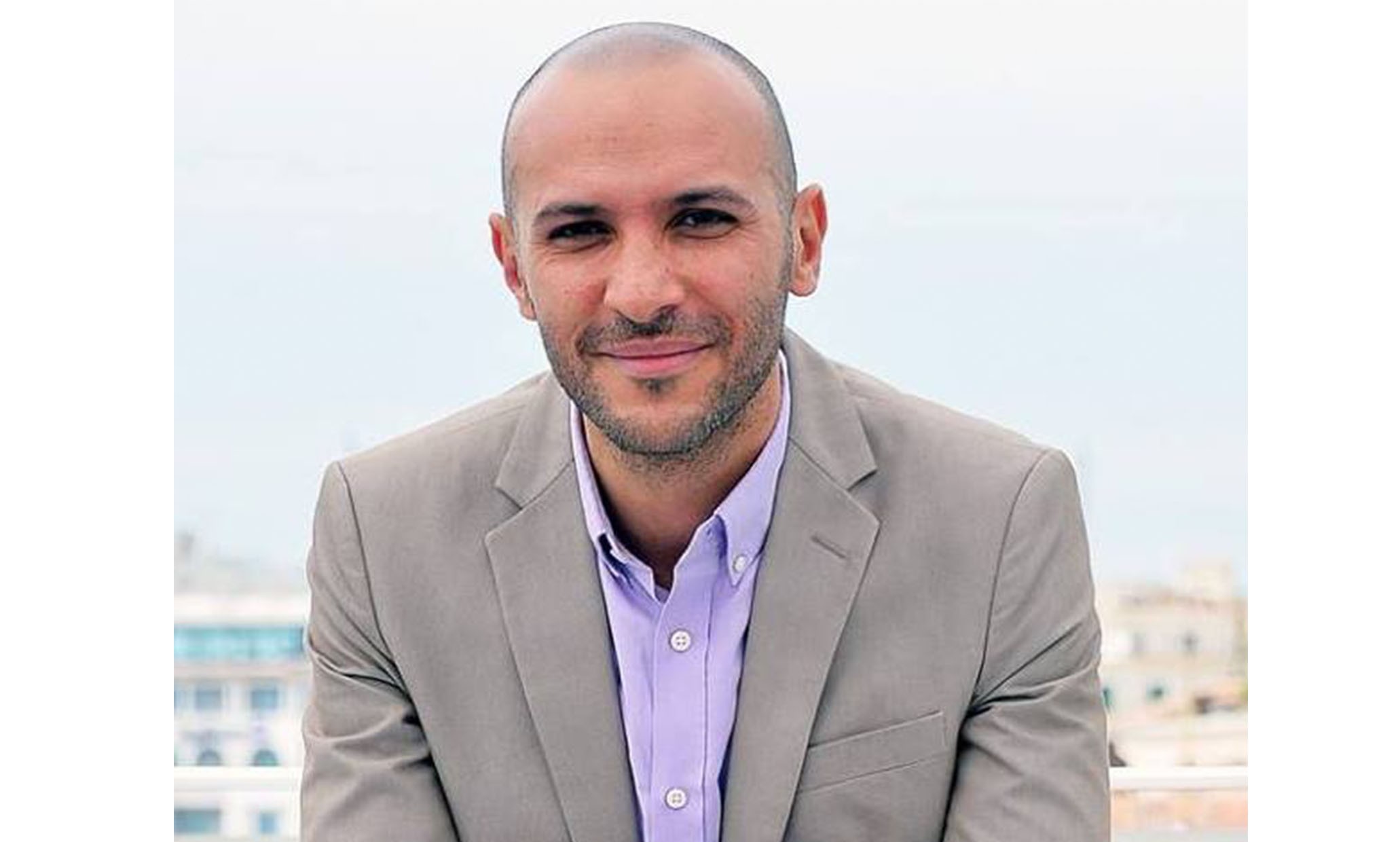For as long as we’ve known him, brilliant director and screenwriter Mohamed Diab hasn’t made entertainment movies, his trademark has long been a power statement; a reflection of society and a portrayal of real life struggles. Diab’s latest movie tackling the Egyptian Revolution “Clash” caught all eyes at last year’s Cannes Film Festival and provided a poignant spotlight on Egyptian truths.
For years our cinema has sought towards global recognition, which has heightened our excitement for the news that 39-year-old Mohamed Diab has become a member of the Oscars Academy, the committee that selects Oscar winners. We had a chat with the man who made us all proud to share the same nationality as him. “It is a great feeling to be certain that your movie reached many markets and a global audience, that it has been perceived by people from different backgrounds and cultures. It is one of the most beautiful things when you see very different audiences laugh at the same scenes and cry at the exact moments. It is because cinema language has the power to unit all humans,” Diab tells.
“Being a member of the jury committee of the Cannes Film Festival and then the Oscars is a great responsibility. I try to develop myself through watching more movies and learning everything about cinema,” he adds.
“It is one of the most beautiful things when you see very different audiences laugh at the same scenes and cry at the exact moments.”
And while the Academy Awards has always been a pillar of film and culture, in recent years, there have been vocal calls for diversity in the representation with the “Oscars so white” protests grabbing media attention, and on that we had to talk with Diab. “Diversity is highly needed. White Americans for instance are usually influenced by movies about themselves rather than those about Arabs or Latinos…etc. The Oscars managing board is well aware of the problem and have started to address it. There is a global approach towards diversity however we must remember that the Oscars are no elections. If an Arabic movie is less qualified than another English movie I won’t vote for it just like anyone else. Sometimes it is just not about race or color,” he explains.
“If an Arabic movie is less qualified than another English movie I won’t vote for it just like anyone else. Sometimes it is just not about race or color”
Having an Arab on board certainly opens the door for wider global recognition and changes the perspective of the West who have long type-casted Arabs in the stereotypical terrorist role. “A lot of Arab actors in Hollywood have suffered from being cornered into these roles. However, I have sat with the producers of Homeland and Tyrant TV shows and they feel like if they produce more shows about the region they’d do it differently.”
And on who he thinks deserves an Oscar but has never been nominated before Diab had quite the list, “it might be a cliché answer but I believe Ahmed Zaki’s exquisite performances definitely deserve an Oscar, also Daniel Day-Lewis and Joaquin Phoenix”
“A lot of Arab actors in Hollywood have suffered from being cornered into terrorist roles.”
Although Diab has made it to the pinnacle of cinema glory, it is not a smooth path for all Egyptian creative dreamers; “the Egyptian cinema lacks funding and support from the ministry of culture. However, I feel like we are headed in the right direction. We have great talents like Amr Salama, Marwan Hamed, Mohamed Shaker, Ahmed Medhat, Ahmed Abdallah, Kamla Abu Zekri, Tamer Mohsen, Omar ElZoheri and a lot more,” he concludes.

